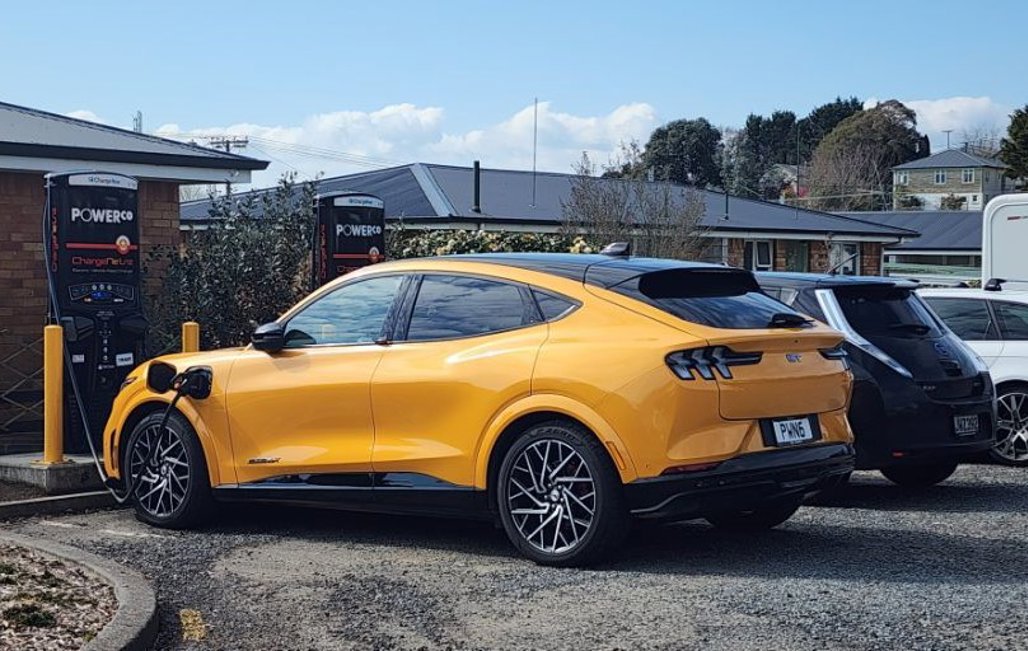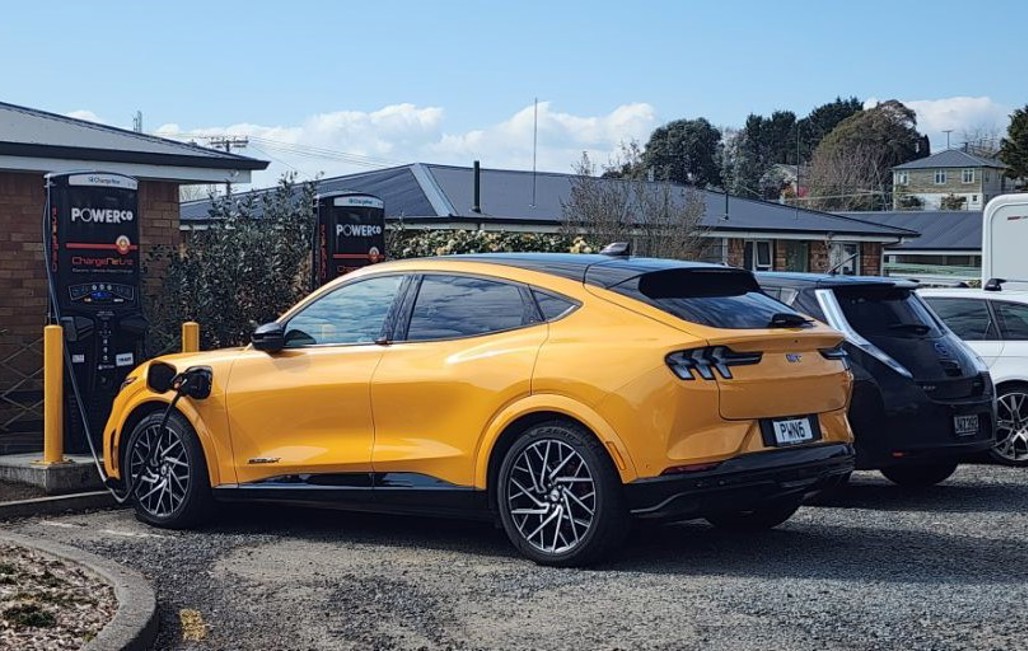The Government has launched a new funding model to assist private companies in building more EV charging stations. The "concessionary loans" scheme will offer up to 50% of project costs, have a 0% interest rate, and a maximum tenure of 13 years. The loans will be awarded through a "contestable co-investment bid process".
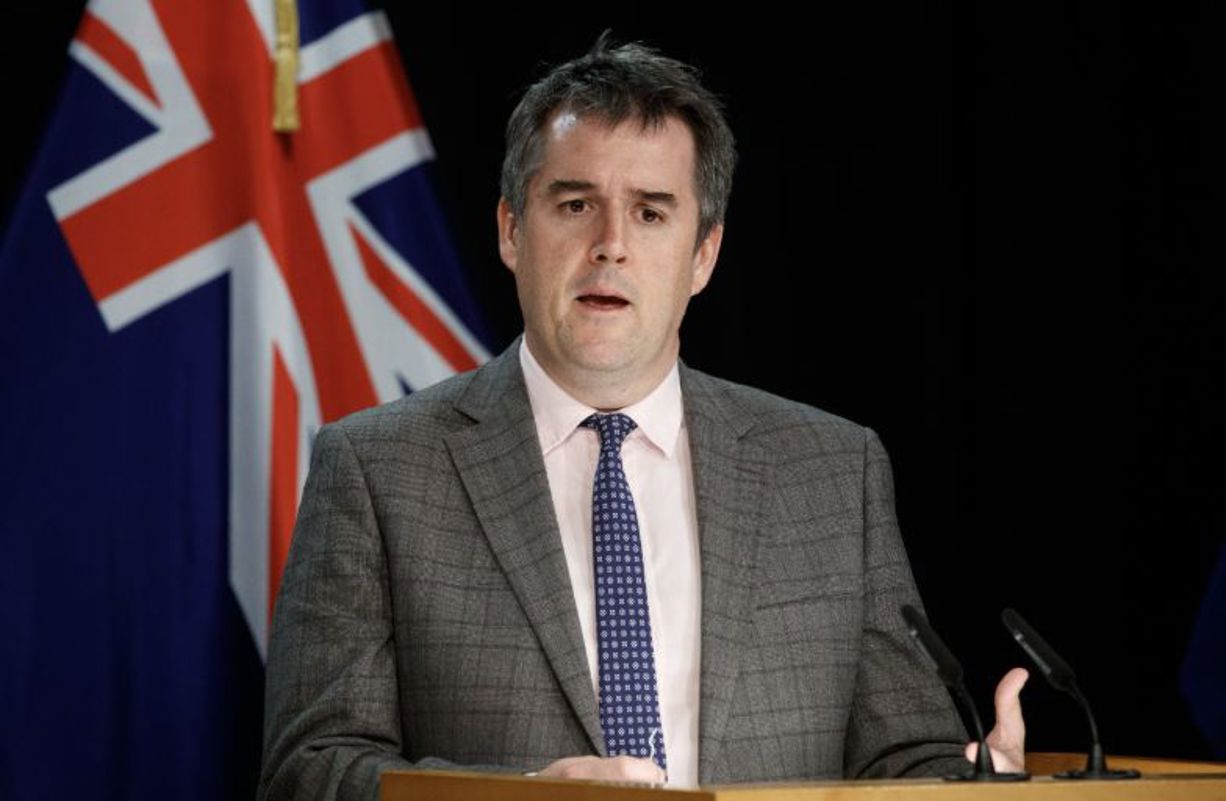
“Since 2016, government investment in EV chargers has consisted of direct grants," says Transport Minister Chris Bishop.
"This made sense when the market for public EV charging was being established. This model is now outdated, with EVs now making up over 2% of the light vehicle fleet, and expected to make up around 11% by 2030. A range of charge point operators have now also entered the market."
“The Government is moving to a more sophisticated, commercial procurement model. We have set aside up to $68.5 million in currently held grant funding, to provide concessionary loans to private operators to co-invest in public EV charging infrastructure. Loans will be quicker to implement and will help achieve the Government’s objectives with less complexity, cost and risk."
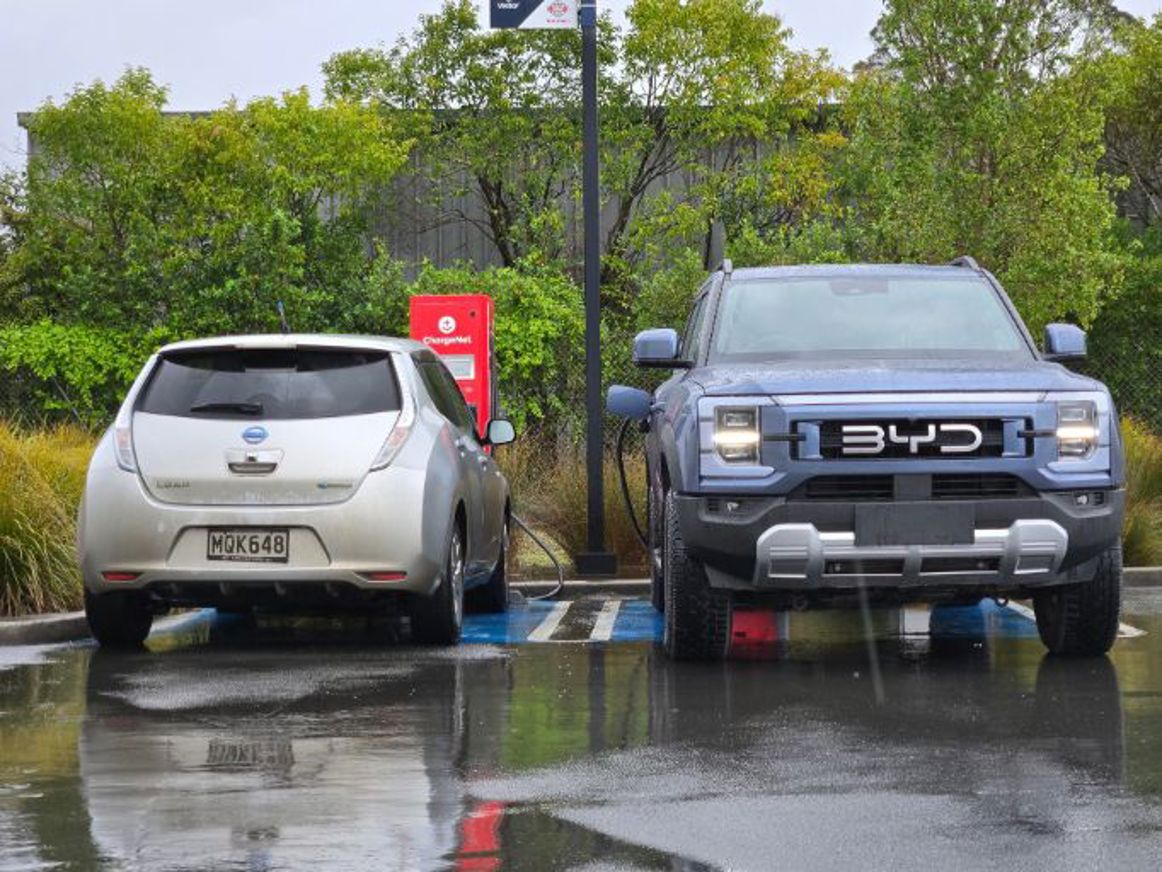
The concessionary loan scheme is based on the business model that was used to roll out ultra-fast broadband in New Zealand. It will be administered by National Infrastructure Funding and Financing (NIFFCo), the successor organisation to Crown Infrastructure Partners (which delivered Ultra-Fast Broadband). EECA will also provide assistance.
“The number of EV charge points (as of 31 December 2024) is 1378 – around one for every 84 EVs (battery electric and plug in hybrid)," says Bishop. "The Government is targeting 10,000 by 2030, so that there will be one public charge point to around 40 EVs. This will remove people’s ‘range anxiety’ and make owning an EV as easy as possible."
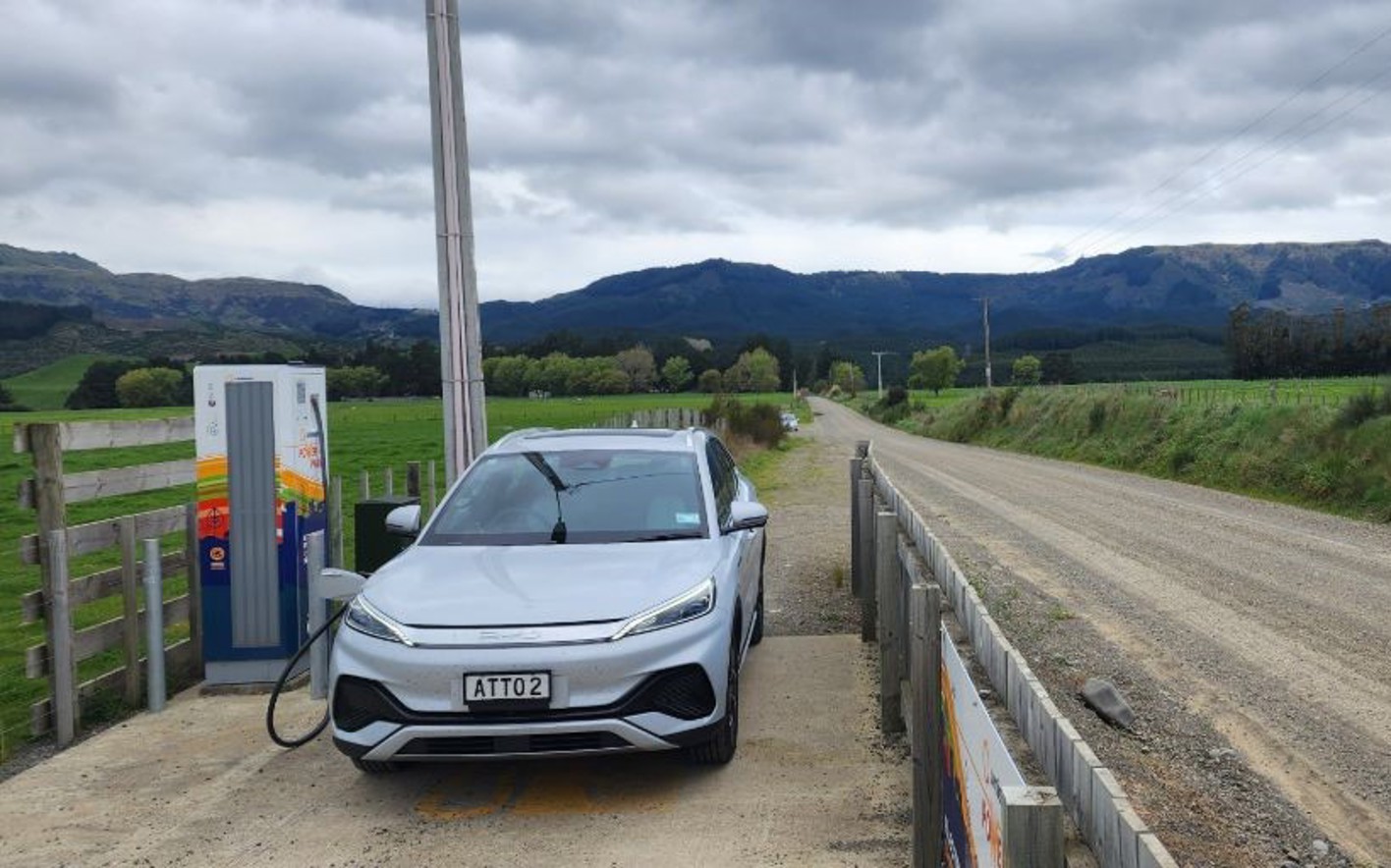
That's an ambitious target for a country with a roading network of approximately 80,000km. Using a complicated mathematical formula (dividing 80,000 by 10,000), DRIVEN Car Guide has calculated that would be an average of one charger every 8km. Then again, the UK currently has nearly 80,000 charge points for 420,000km of road - an even greater density, although the population is also 13 times greater.
“NZ needs more EV chargers. We have fewer public chargers per EV than many other countries in the OECD, and we know that this is a barrier to Kiwis purchasing EVs,” says Bishop.
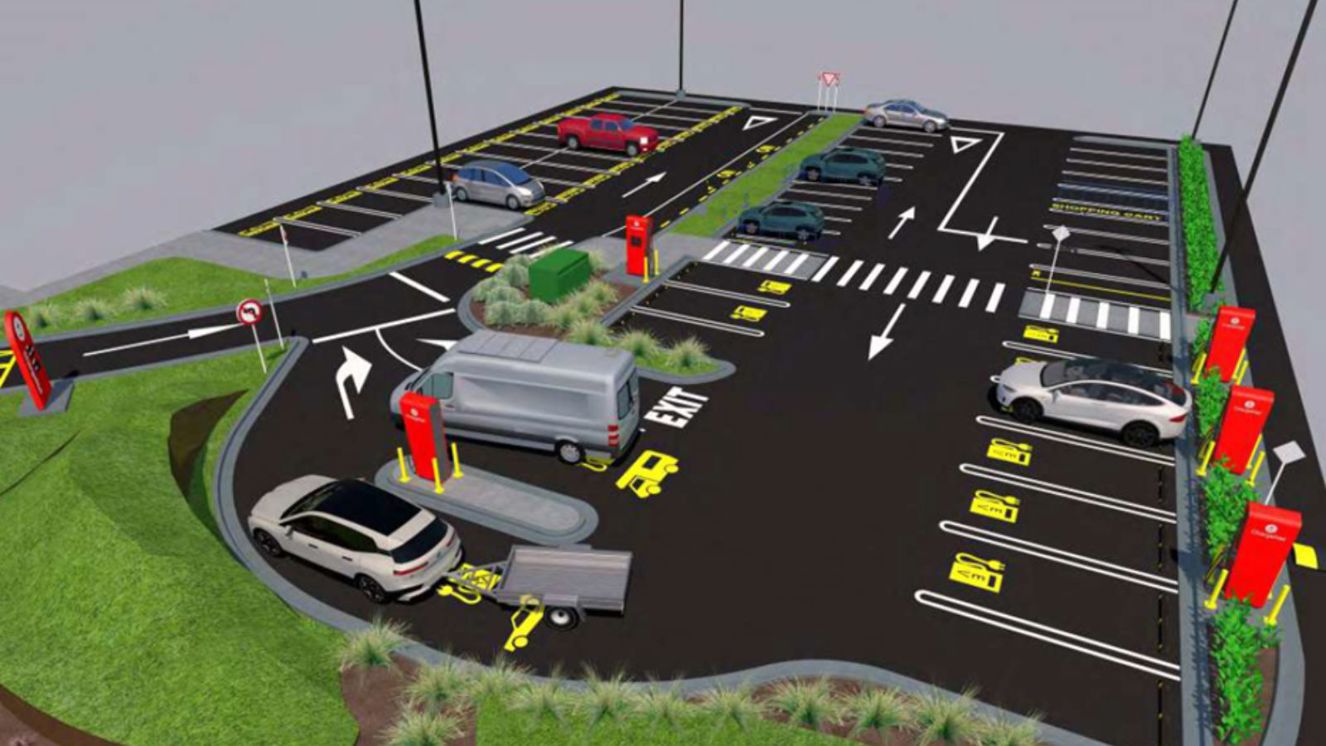
NZ's largest charge-station provider says the new funding model is a positive step. Over the last decade, ChargeNet has established 268 public charging sites and 510 charging points.
ChargeNet chief executive, Danusia Wypych welcomes the commercial foundations of the scheme, including that it be overseen by the government’s new national infrastructure funding and financing body.
“When you look past short-term market fluctuations, it is clear that NZ’s passenger transport future is electric. There is more and more choice, EV prices continue to come down, and the economics of EV ownership are compelling and constantly improving."

